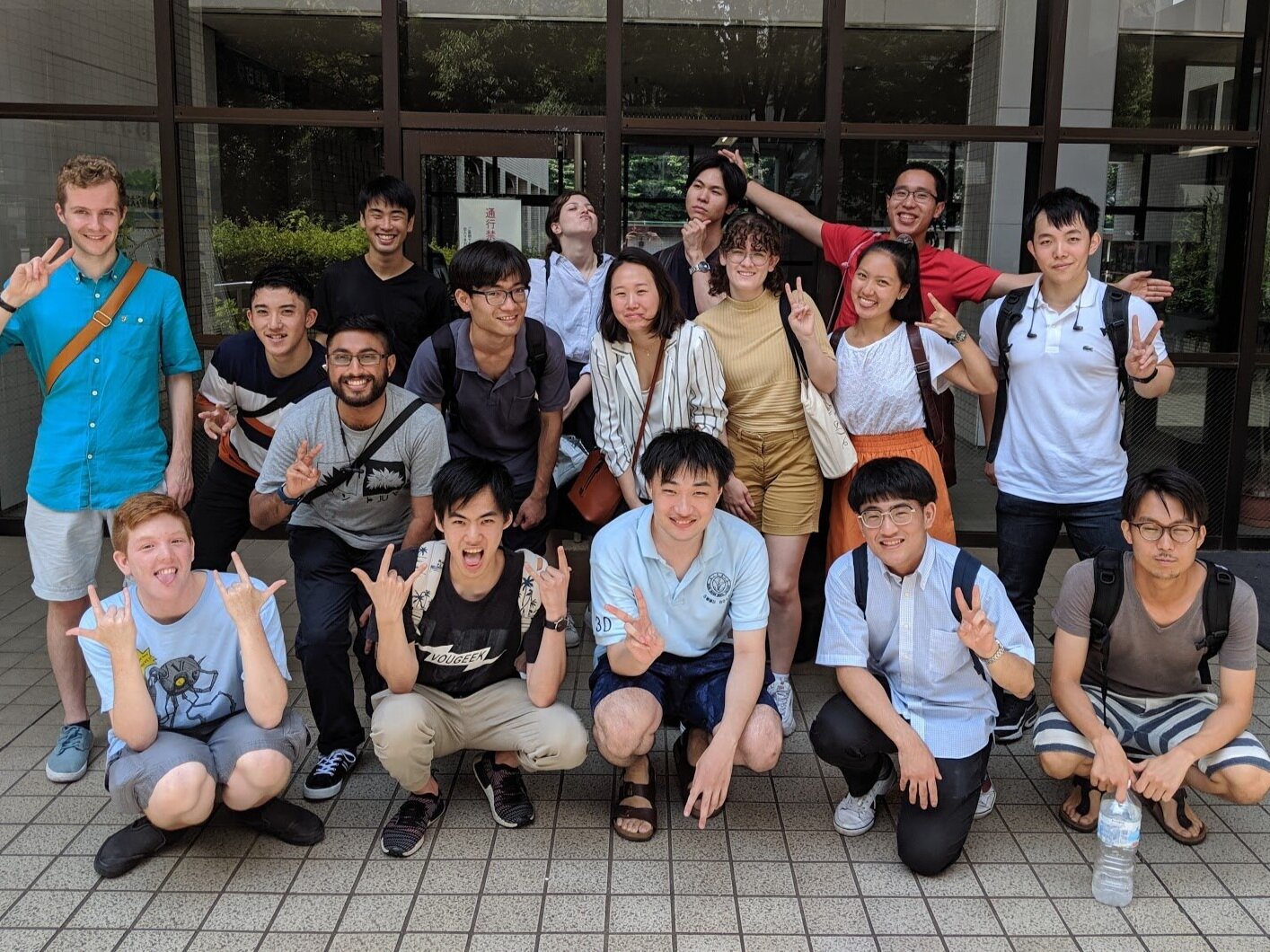How to Apply to University in Japan: Scholarships and Exams
If you have fallen in love with the Japanese language and culture, why not study there?
Here are a few tips and pointers to consider when applying for an undergraduate degree in Japan as an international student:
Entrance Exams
As exciting as studying abroad may sound, there are usually entry requirements. In Japan, most courses are taught in Japanese, so you need to prove your proficiency in the language before you can apply. This is why most applicants need to take the Examination for Japanese University Admission for International Students, which is more commonly known as EJU. The EJU examination is designed to test the applicant’s academic abilities in the following subject areas:
Japanese as a Foreign Language
Science (Biology, Chemistry and Physics)
Mathematics
Japan and the World
The subject areas you are tested on depend on the course and university you are applying to, so please do check in advance! You can have a quick browse of the schools which require the EJU entrance exam here. To help prepare you for the examination, the Japan Student Services Organization, JASSO, have provided the syllabus for each subject and past paper questions.
Taking exams can always be a source of stress for many of us, but the best part about the EJU examination is that you can take the test as many times as you like! It is administered twice a year, in June and November, and you can choose which score is submitted with your university application. What’s more, your score remains valid for up to two years, so there is never any rush. However, you should bear in mind that the academic year in Japan starts in April, so you would need to pass the EJU exam in June or November at least one year before you plan to start your studies.
On the other hand, you will probably have to travel abroad in order to sit the EJU exam as the test is not available in the U.S., U.K. or Europe. Naturally, there are abundant test sites in Japan, but you can find plenty of other alternative examination sites around the world! If you are planning on travelling to Japan to sit the EJU examination, you may need a Temporary Visitor Visa, which you can read more about here.
In these truly strange and uncertain times it’s vital that you plan ahead. If you want to sit the examination in near future, please keep monitoring the status of your examination, as the June 2020 session has already been cancelled due to the COVID-19 pandemic.
For more information about the EJU examination, check out the JASSO website, where you can find out more about the application process and scan through their FAQs.
As well as proficiency in the Japanese language, universities may require you to be proficient in the English language; qualifications include the TEFL certification. If you are interested in acquiring a TEFL certification, check out our online courses, provided by Come On Out eTEFL.
The additional benefit of getting this certificate to prove your English language abilities is that you can use it to teach English while you are studying! Private English teachers are in demand in Japan, so you can earn a decent pay – this is particularly important for privately-financed students – and have a flexible working schedule. On top of that, you get the added bonus to meeting new people, making friends and networking; so, the question is: why not?
Scholarships
Generally speaking, tuition fees for undergraduate degrees are much more affordable than in the U.S. and U.K. At national universities, fees are 535,800 yen, which is approximately 5,055 USD (3,900 GBP). There is also an admission fee of 282,000 yen, which is around 2,660 USD (2,057 GBP), in addition to maintenance fees, living costs and accommodation. As such, being a student in Japan can get pretty expensive.
To overcome these costs, most international students apply for the Ministry of Education, Culture, Sports, Science and Technology, MEXT, scholarship. The 2021 MEXT scholarship covers all education fees, including tuition, admission and the cost of your entrance exam! On top of that, you are given an allowance of at least 117,000 yen per month, which amounts to more than 1100 USD. MEXT will also provide you with a ticket to Japan for your first arrival and another after your final year of study, when you decide to leave Japan.
Although the MEXT scholarship is extremely rewarding, it can be rather difficult to qualify for it. Here is a checklist of the main eligibility criteria for the scholarship:
Nationality
You must be from a country that has diplomatic relations with Japan
You cannot have a Japanese nationality; if you carry a dual citizenship you must be willing to give up your Japanese nationality before arrival
Previous study
You must have completed at least 12 years of study in your own country
Japanese Language
You must be proficient in Japanese or be willing to undergo a one-year preparatory education in the language before you go to university (excluding undergraduate courses which to not require Japanese language proficiency)
Age
You must be between the ages of 17 to 25 to apply for the undergraduate scholarship
You must also apply for a student visa and include health documents for your application to be approved. Unfortunately, applications for the 2021 MEXT scholarship have now closed, but keep your eyes peeled as the 2022 applications are set to open in April 2021!
If you do not meet the criteria for the MEXT scholarship, there are still plenty of alternatives for international students! Here are a few scholarships to get you started:
Scholarships for Students Studying in Japan – Japanese Embassy (U.K)
The Monbukagakusho Honors Scholarship for Privately-Financed International Students – JASSO
Bridging Scholarships for Year Abroad – American Association of Teacher of Japanese
Overall, there are quite a few factors to consider when applying to study in Japan – and abroad in general – so definitely do your research! It is important that you have a good reason for why you want to study in Japan and how it will benefit you.
Good luck on your applications!
Let Come On Out – Japan help you as you embark on your exploration of undergraduate degrees in Japan. To hear some of our Global English Camp interns’ opinions on how to prepare for life in Japan, click here!
—
Written by Sara Nouri, 2020 Come On Out Intern




